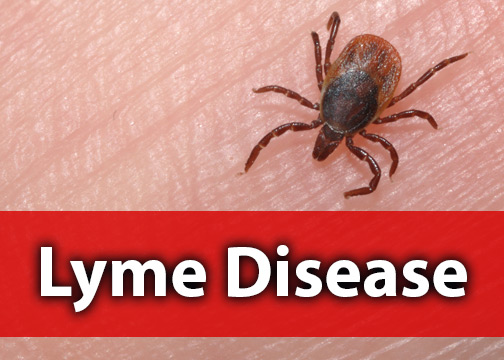Ensuring Coverage for Lyme Disease Treatment
To help ensure patients have access to available and emerging diagnostics and treatment options for Lyme disease and related tick-borne diseases, House Bill 174 was reported out of the House Health Committee this week.
Over the last five years, Pennsylvania has ranked highest in the nation in confirmed cases of Lyme disease, with 10,817 in 2015. Additionally, the Pennsylvania Department of Environmental Protection released a study last year confirming a high risk of Lyme in every county of the Commonwealth.
House Bill 174 would require health insurers to cover treatment plans for Lyme disease or related tick-borne illnesses as prescribed by a patient’s health care practitioner, regardless if the treatment plan includes short-term or long-term antibiotic treatment. The bill now goes to the full House for consideration.
May is also Lyme Disease Awareness Month in Pennsylvania. Individuals should be aware of early, disseminated, and late/persistent symptoms and that a negative Lyme test cannot rule out Lyme disease. The early clinical diagnosis and appropriate treatment of these tick-borne disorders and diseases can greatly reduce the risks of continued, diverse and chronic symptoms which can affect every system and organ of the human body and often every aspect of a person’s life.
For tips about how to protect yourself from Lyme disease, click here.
Strengthening Public Corruption Laws
Public officials and employees who are convicted of public corruption crimes would be forced to forfeit their government pension under legislation that passed the House this week.
House Bill 939 would hold state, county or municipal government officials and public employees, including judges, teachers and other school district employees, accountable for crimes related to their official duties by requiring them to forfeit their government pension.
They would also need to pay appropriate restitution when they plead guilty or no contest to any crime related to their official government position or any felony offense related to their office or employment. This would prevent public officials from cutting deals under which they agree to plead guilty to a lesser crime to keep their pensions.
The bill, which now goes to the Senate, would also impact federal crimes that are classified as felonies or are punishable by a term of at least five years in prison.
|







